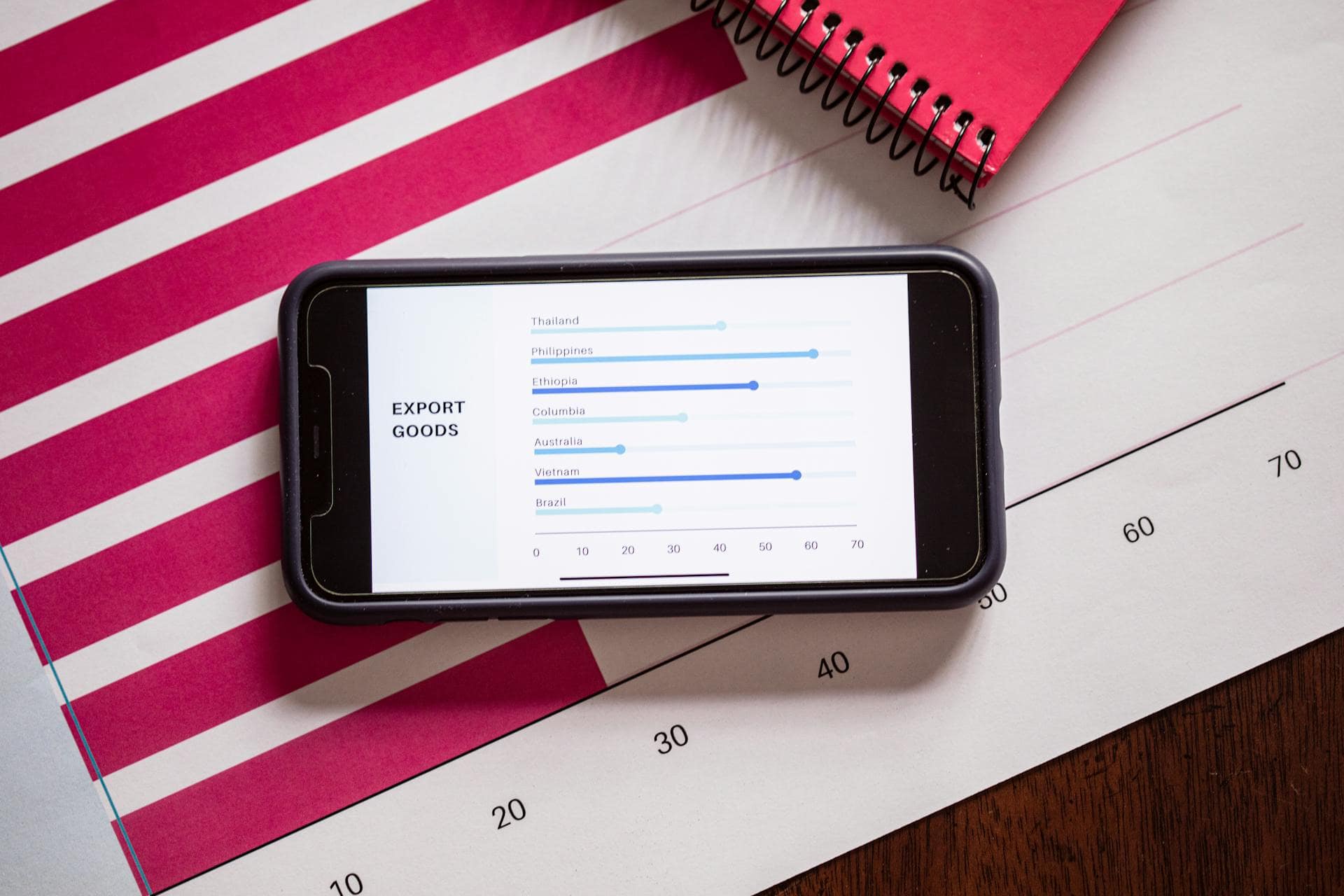Nothing can sink a business faster and more thoroughly than failure to comply with global trade laws.
To that end, it is more important now than ever to master the complex web of international trade. Your company’s compliance program must consider export control, customs officials, and export laws.
Far too many businesses only concern themselves with compliance after it has already become a problem, but the best compliance programs will identify risks before they become an issue. A good program will also be ready to respond and mitigate problems quickly.
Proper compliance will help your business achieve:
- Rapid customs clearance
- Predictable and appealing costs for clients
- Duty savings
- Reduced regulatory oversight
- Audit Trails
The following eight tips are designed to maximize what your compliance program can accomplish for your trade business.

1. Be Informed
Know where you’ll be doing business and research the laws that apply to both the sending and receiving countries.
For example, trading between the United States and the European Union is governed by the U.S. Customs and Border Protection Agency and the European Commission, respectively.
But these are just two organizations from among the 190+ countries of the world that you may be doing business with.
Consult sources like these to familiarize your business with the governments it will interact with, the laws that must be adhered to, and the taxes, fines, and licenses required.
- World Trade Organization’s Trade Facilitation Agreement Database
- National Trade Estimate Report on Foreign Trade Barriers. This report is compiled by the United States. While valuable, this report has no authority on your export destination’s country.
From these sources, you can determine:
- Taxes
- Tariffs and Duties
- Customs and Inspection protocols
- Required Licenses or Certificates
- Export Sanctions and Controls
2. Stay Up To Date
Everything you learn can change.
Especially in the complicated system that governs international trade, changes are common.
The laws governing export and import can be updated, expire, and be adjusted based on the political and financial situation of the day. Being informed requires constantly updating your knowledge and knowing where to find information.
To stay informed, monitor government databases for changes.
For example, when dealing with the United States, it is helpful to read sections of the Federal Register relevant to your industry. The Federal Register is an official government journal detailing changes in U.S. policy and is published every weekday.

3. Keep Detailed Records
Good record keeping is vital protection for your business. Should your compliance with trading laws ever come into doubt, a defensible audit trail will provide legal proof of due diligence and adherence to global trade compliance best practices.
Audit trails give evidence of the authenticity of a transaction, database change, etc. This ensures that all business activity has a paper trail that can be traced to provide proof of operational integrity.
4. Perform Self Assessments
In an industry as complicated as international compliance, great care needs to be taken so that nothing slips through the cracks.
Periodic self-assessment of business practices provides the opportunity to make sure the latest knowledge is getting applied in practice.
Especially assess:
- Non-compliance reporting measures
- Training programs
- Record-keeping practices
A wise approach is to periodically hire a third party to audit and consult on your business practices. This gives a fresh set of eyes on the situation and offers further proof that your company is keeping everything above board.
5. Update Your Standard Operating Procedures
Put your research and assessments into practice by keeping your standard operating procedures up-to-date and well communicated to everyone involved.
This involves you and your business partners, vendors, and customers. Consider yourself responsible for making sure all parties in your transaction are compliant with trade laws.
6. Regularly Assess Business Partners
Not only is it important to screen possible vendors and customers to ensure your business runs smoothly, but also that it runs legally.
Governments the world over maintain Denied Party Lists, which are compilations of entities that are illegal or dangerous to do business with.
Entities are added to denied party lists because of:
- Being a terrorist organization or affiliate
- Being a threat to national security
- Having a history of corrupt or criminal behavior
- OFAC 50% rule?
Be proactive by making sure no potential business partner or customer appears on any Denied Service Lists. Failing to do so could result in heavy fines, incarceration, and loss of export privileges.

7. Be Alert To Red Flags
Take notice of any abnormalities that could signal a problem, especially if it suggests that the end-use of what you’re exporting/importing could be illegal.
If your company deliberately ignores or even actively blinds itself to warning signs, ignorance will not protect your company from liability. In fact, actively self-blinding can increase the culpability of your business.
Red flags include:
- The customer’s name or address is similar to one on a Denied Party List
- Customer or purchase agent is vague about their end-use of items purchased
- Items purchased don’t match the business. For example, a small bakery buying advanced electronics.
Consult the United States Bureau of Industry and Security for a detailed list of red flags.
8. Get Help From The Experts
Understanding and applying the many nuances of trade law takes significant resources away from a company. Just keeping up with a single country’s daily changes in trade policy is impossible for most.
The experts at OCR, Global Trade Management, are trusted by businesses across the globe, including Fortune 500 companies, to assist or manage their trade compliance programs. We help global businesses with audit trails, licenses, and automation to make compliance easier than ever before. Long gone are the days of manually keeping track of important trade compliance details in spreadsheets!
We leverage over 40 years of experience and cutting-edge software for our clients to ensure their trade compliance. Contact us to request a product demonstration or consultation for your business today.



